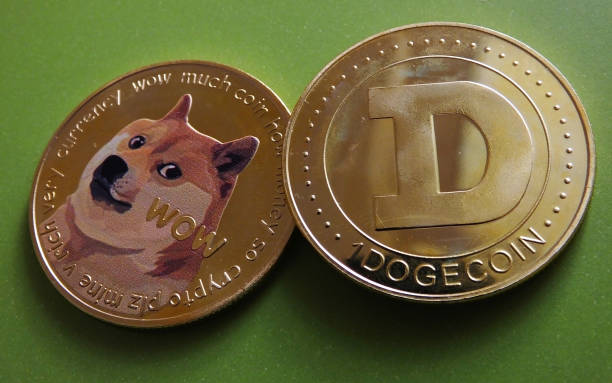Despite there not being much activity in the Bitcoin world of Pakistan and Saudi Arabia, the LocalBitcoin weekly volume in the two new markets reached an all time high in the week of Nov. 5.
About SAR 70,000 - approximately $20,000 - was traded in Saudi Arabia that week, while RS 10.8 mln - about $103,000 - was traded in Pakistan.
This development indicates not only a surge in interest in the two countries, but the gradual establishment of a young foothold in environments that offer vast potential for the top digital currency.
Pakistan: more awareness and the Indian influence
Urdubit is the first and biggest Pakistani Bitcoin exchange, giving the currency a gradual pick-up in various parts of the country. But not much has been happening outside of Bitcoins use for remittance and the payment of bills.
It only became a talk amongst many recently when Indian techies took the same step as their government - launching diplomatic and non-diplomatic strikes against Pakistan - but in a different way - by hacking Pakistani government-related websites.
Bitcoin generated attention when Pakistani techies reached out to pay the hackers in order to get their sites back into operation, after frantic efforts to sort it out had failed. However, according to the Daily Mail, most of the offers were refused.
There are also reports of a popular e-commerce store, Cellistan.com, which sells top mobile phones and accepts Bitcoin as a form of payment. Key factors that may increase Bitcoin interest in Pakistan could be more awareness and the Indian influence.
Saudi Arabia: more users and support
LocalBitcoin has been a major source of indirect approach to trading Bitcoin in Saudi Arabia. The platform has contributed to making limited but rapidly increased access to the currency possible in the staunch Muslim country. The effort is now being supported by exchanges like BitOasis, which has been visible in the Middle East/North Africa region.
Though BitOasis wallet is available to all users across the world, its exchange is only open for users in UAE, Qatar, Bahrain and Saudi Arabia. It recently added support for payment gateway and exchanging Bitcoin in Kuwaiti Dinars.
Though Ola Doudin, the Jordanian founder of BitOasis, believes that Bitcoin can open up new markets and business models and expects the next Venmos and PayPals to be built on Bitcoin, not much is known about the digital currency in the region.
Yet the Gulf is filled with expatriate communities that can use Bitcoin to pay bills or top up phone credit for their family back home and there are wealthier users in the UAE and Saudi Arabia who want to buy and hold Bitcoin as a way of diversifying their investment portfolio.
It is assumed that with time, there would be more users in the region and not just one Bitcoin ATM installed in Saudi Arabia, according to Coin ATM Radar.








